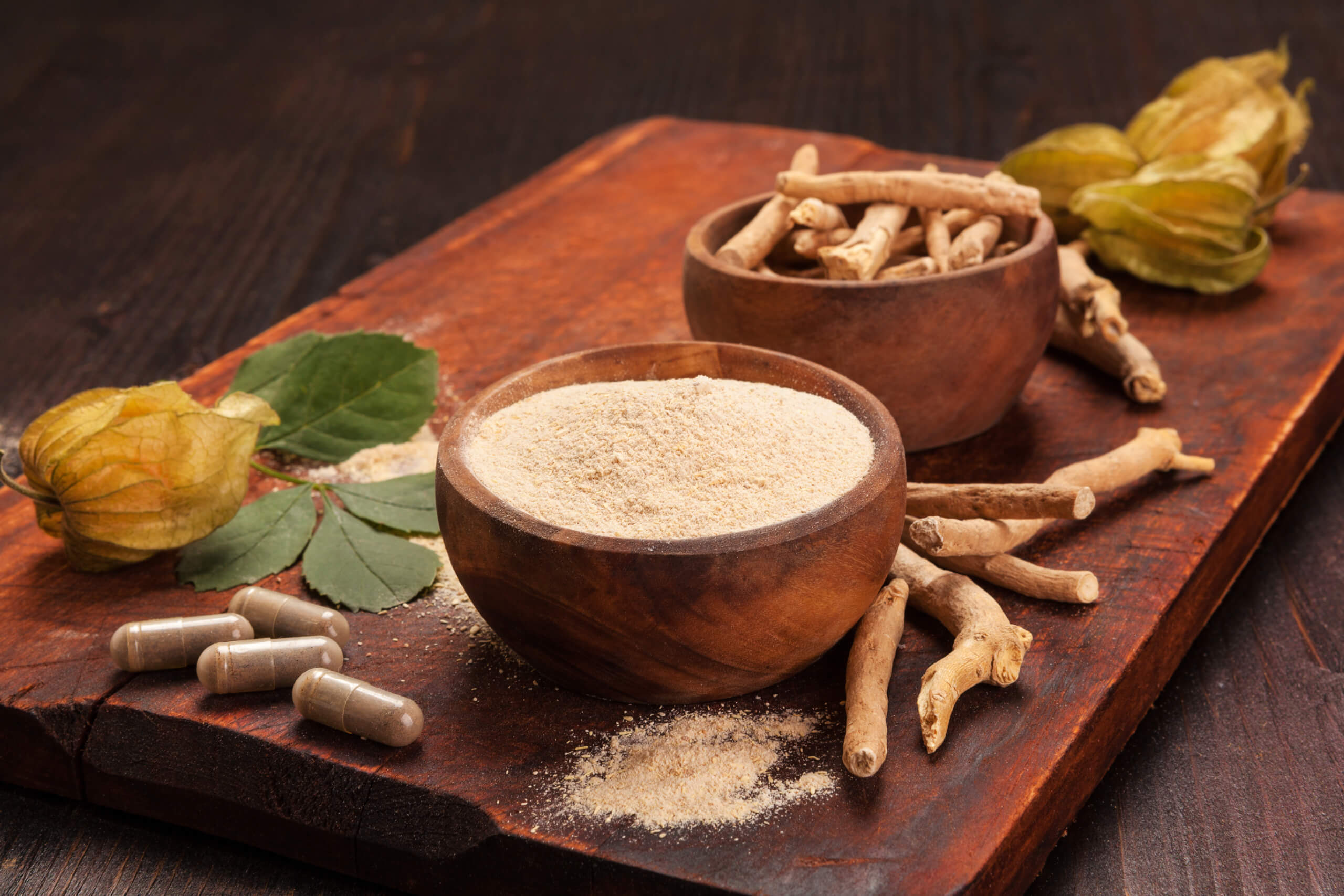Caffeine is one of the most widely consumed stimulants in the world. Whether it’s through a morning cup of coffee or a midday energy drink, caffeine plays a pivotal role in boosting our focus and energy levels. But how exactly does it work, and what are its benefits and potential risks? Let’s dive into the world of caffeine and explore how it can enhance your mental and physical performance.
Understanding Caffeine: An Overview
What is Caffeine?
Caffeine is a natural stimulant most commonly found in coffee, tea, and various other plants. It belongs to a class of compounds known as xanthines, which work by stimulating the central nervous system. This stimulation leads to increased alertness and wakefulness, making caffeine a popular choice for those looking to improve their focus and energy.
Sources of Caffeine in Our Daily Diet
Caffeine is present in a variety of foods and beverages. The most common sources include:
•Coffee: A standard cup can contain anywhere from 70 to 140 mg of caffeine.
•Tea: Depending on the type, tea contains about 30 to 70 mg per cup.
•Energy Drinks: These can have between 50 to 200 mg of caffeine per serving.
•Chocolate: Dark chocolate has more caffeine (20-30 mg per ounce) than milk chocolate.
•Soft Drinks: Colas typically contain about 30-40 mg of caffeine per can.
How Caffeine Works in the Body
Once consumed, caffeine is quickly absorbed into the bloodstream and travels to the brain. It blocks the action of adenosine, a neurotransmitter that promotes sleep, thereby keeping you alert. Additionally, caffeine increases the release of dopamine and norepinephrine, neurotransmitters associated with improved mood and mental performance.
The Role of Caffeine in Enhancing Focus
Caffeine and the Brain: A Cognitive Boost
Caffeine’s ability to enhance focus is primarily due to its interaction with adenosine receptors in the brain. By inhibiting adenosine, caffeine reduces feelings of tiredness, allowing you to stay mentally sharp for longer periods. This is why a cup of coffee often feels like a quick brain boost, especially when you’re feeling sluggish.
How Caffeine Improves Concentration
Caffeine can improve concentration by enhancing the brain’s ability to process information and stay on task. It increases the efficiency of synaptic transmissions, making it easier for neurons to communicate. This leads to faster reaction times and better decision-making abilities, crucial for tasks that require sustained attention.
Ideal Caffeine Dosage for Optimal Focus
The amount of caffeine needed to boost focus varies from person to person. However, most studies suggest that a moderate intake of 75 to 150 mg is effective for improving attention without causing jitteriness. It’s essential to find the right balance that works for you, as too much caffeine can lead to overstimulation and reduced focus.
The Energy-Boosting Effects of Caffeine
How Caffeine Increases Alertness
Caffeine’s primary function as an energy booster lies in its ability to block adenosine. By doing so, it prevents the onset of drowsiness and keeps you awake. Additionally, caffeine triggers the release of adrenaline, the “fight or flight” hormone, which further enhances your alertness and readiness to tackle challenges.
Caffeine’s Impact on Physical Performance
Caffeine is not only beneficial for mental energy but also for physical performance. It can enhance endurance by increasing the availability of fatty acids in the bloodstream, which muscles use as fuel. This makes caffeine a popular choice among athletes and fitness enthusiasts looking to push their limits.
The Best Time to Consume Caffeine for Maximum Energy
Timing your caffeine intake can significantly impact its effectiveness. For most people, consuming caffeine 30 minutes before a mentally or physically demanding task yields the best results. Avoid consuming caffeine too late in the day, as it can interfere with sleep, leading to decreased energy levels the following day.
Caffeine in Moderation: Balancing Benefits and Risks
Potential Side Effects of Excessive Caffeine Intake
While caffeine offers numerous benefits, excessive intake can lead to several side effects, including:
•Insomnia: Too much caffeine can disrupt sleep patterns.
•Jitters: High doses can cause nervousness and restlessness.
•Increased Heart Rate: Caffeine can elevate heart rate, especially in sensitive individuals.
•Dependence: Regular consumption can lead to caffeine dependency.
Who Should Limit or Avoid Caffeine?
Certain individuals should limit or avoid caffeine altogether, including:
•Pregnant Women: High caffeine intake during pregnancy can affect fetal development.
•Individuals with Heart Conditions: Caffeine can exacerbate heart issues by increasing blood pressure and heart rate.
•People with Anxiety Disorders: Caffeine can heighten anxiety symptoms.
•Children and Adolescents: Their developing bodies are more sensitive to caffeine’s effects.
Tips for Managing Caffeine Consumption
To enjoy the benefits of caffeine without the risks, consider these tips:
•Monitor Intake: Keep track of how much caffeine you consume daily.
•Opt for Smaller Servings: Choose smaller coffee cups or dilute your drinks.
•Avoid Late-Day Caffeine: Limit intake in the afternoon and evening.
•Try Alternatives: Herbal teas or decaf options can provide a break from caffeine.
Caffeine in Supplements: A Convenient Way to Enhance Focus and Energy
Benefits of Caffeine in Supplement Form
Caffeine in supplement form offers a convenient and controlled way to enhance focus and energy. Unlike traditional sources like coffee or tea, supplements provide a precise dosage, ensuring you get just the right amount to boost your cognitive functions without overdoing it.
Limitlesss: A Powerful Nootropic for Cognitive Enhancement
One supplement that stands out for its caffeine content and other brain-boosting ingredients is Limitlesss. This nootropic is designed to enhance focus, productivity, and cognitive function by combining caffeine with a blend of other powerful ingredients.

Key Ingredients in Limitlesss
•DMAE (150mg): Enhances mood and memory.
•L-theanine (150mg): Promotes relaxation without drowsiness.
•Huperzine A (150mcg): Supports memory and learning.
•N-acetyl L-tyrosine (150mg): Improves mental performance under stress.
•Green Tea Extract (100mg): Provides antioxidants and mild stimulation.
•Alpha GPC (300mg): Boosts cognitive function and focus.
•Noopept (20mg): Enhances learning and memory.
•Caffeine (120mg): Provides a reliable boost in energy and focus.
•Ginkgo Biloba Extract (100mg): Improves circulation and brain function.
•Bacopa Monnieri Extract (100mg): Supports memory and cognitive processing.
•Rhodiola Rosea Extract (100mg): Reduces fatigue and improves mood.
•Ashwagandha (KSM-66) (80mg): Reduces stress and improves mental clarity.
•Mucuna Pruriens L-dopa (80mg): Enhances mood and mental alertness.
•Bioperine (10mg): Enhances the bioavailability of other ingredients.
How Limitlesss Enhances Focus and Energy
The combination of caffeine and these nootropic ingredients in Limitlesss ensures a balanced and sustained boost in cognitive performance. Caffeine provides immediate alertness, while ingredients like L-theanine and Rhodiola Rosea smooth out the stimulation, preventing the jitters and crash often associated with caffeine alone.
Why Choose Limitlesss?
Limitlesss offers a comprehensive approach to cognitive enhancement. It’s not just about the caffeine; it’s about a synergistic blend of ingredients that work together to support your brain health, focus, and energy levels. Whether you’re tackling a big project or need to stay sharp during a long day, Limitlesss can help you perform at your best.
How to Incorporate Caffeine Supplements into Your Routine
To get the most out of caffeine supplements like Limitlesss:
•Start with a Low Dose: Especially if you’re new to nootropics, begin with a smaller dose to assess your tolerance.
•Pair with a Healthy Diet: Ensure you’re eating a balanced diet to support overall brain health.
•Stay Hydrated: Caffeine can be dehydrating, so drink plenty of water throughout the day.
•Monitor Your Caffeine Intake: Be mindful of other sources of caffeine to avoid excessive consumption.
Conclusion
Caffeine is a powerful ally in the quest for enhanced focus and energy. Whether through your morning coffee or a targeted supplement like Limitlesss, caffeine can help you stay alert, focused, and ready to tackle whatever the day throws at you. However, as with any stimulant, moderation is key. By understanding how caffeine works and how to use it effectively, you can harness its benefits without falling prey to its potential downsides.
FAQs
How much caffeine is safe to consume daily?
Most health experts recommend keeping your caffeine intake below 400 mg per day. This is roughly equivalent to four cups of coffee. However, individual tolerance varies, so it’s important to listen to your body.
Can caffeine cause dependency or addiction?
Yes, regular caffeine consumption can lead to dependency. Withdrawal symptoms like headaches, fatigue, and irritability can occur if you suddenly stop consuming caffeine.
Is caffeine safe for everyone?
While caffeine is generally safe for most people, certain groups, like pregnant women, individuals with heart conditions, or those with anxiety disorders, should limit their intake or avoid it altogether.
What are the alternatives to caffeine for energy and focus?
Alternatives include herbal teas, adaptogens like Rhodiola Rosea, and nootropic supplements that offer a caffeine-free boost to mental clarity and energy.
How does Limitlesss compare to other nootropic supplements?
Limitlesss stands out due to its carefully balanced blend of ingredients that not only includes caffeine but also supports overall cognitive health. This makes it a more comprehensive option compared to supplements that rely solely on caffeine or other single-ingredient formulas.
This long-form article provides a detailed look at the benefits of caffeine for focus and energy while seamlessly incorporating a link to your supplement product, Limitlesss.
Related Posts
29/12/2024
Alpha GPC: Unlocking Better Brain Performance
Alpha-Glycerylphosphorylcholine, commonly known as Alpha GPC, is a natural choline compound found in the brain. It's…
17/12/2024
The Power of N-Acetyl L-Tyrosine for Mental Clarity and Focus
Are you struggling to stay focused during demanding tasks or feeling mentally drained after a long day? N-Acetyl…
05/12/2024
The Future of Nootropics: Trends and Innovations in Cognitive Enhancement
In today’s fast-paced world, the desire to stay mentally sharp, focused, and productive has driven a surge in interest…
23/11/2024
Ashwagandha (KSM-66): Stress and Cognitive Benefits
Ashwagandha, a revered herb in Ayurvedic medicine, is known for its ability to reduce stress and enhance mental…
11/11/2024
What Are Nootropics and How Can They Boost Your Brain Power?
Nootropics, sometimes referred to as "smart drugs" or "brain boosters," have recently taken the wellness world by…
30/10/2024
How to Combat Brain Fog with Supplements and Lifestyle Changes?
Brain fog is a term that describes a state of mental confusion or lack of clarity. You might find it hard to focus,…
18/10/2024
The Top Nootropics for Reducing Stress and Anxiety
In today’s fast-paced world, many people struggle with stress and anxiety. Nootropics, also known as cognitive…
06/10/2024
Alpha GPC For Athletes – What You Need To Know
When it comes to boosting athletic performance, most athletes focus on physical training, nutrition, and perhaps some…
24/09/2024
Natural Ways to Improve Focus and Concentration
Maintaining focus and concentration in today’s fast-paced world can be challenging. Fortunately, there are several…








